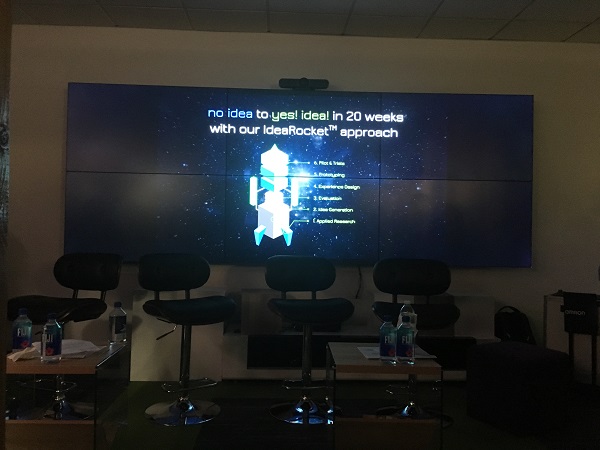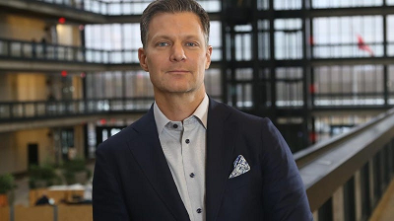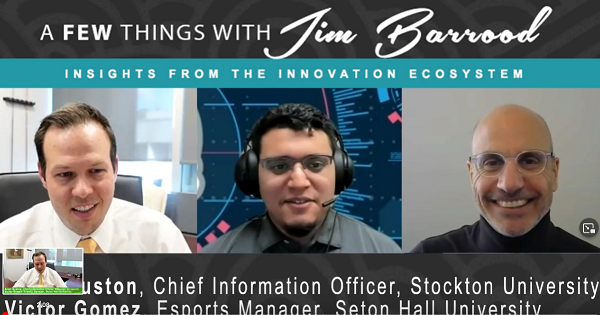Marlabs Dedicates New Divergence Digital Innovation Labs in Piscataway to Take on Digital Disruption
In June, Marlabs (Piscataway) opened its new Divergence Digital Innovation Labs, an on-site collaboration center with a twist.
The festive occasion included speakers, panel discussions, talks by Marlabs clients and partners, as well as excellent food and drink. One of the fun aspects of the event: an augmented reality ribbon cutting by a robot!
But it wasn’t all fun and games. The day was designed to generate awareness of Marlabs, which appears to be a bit of a hidden New Jersey treasure. Clients bring their hardest problems to this company, and through a collaborative process Marlabs figures out various ways to solve them. The key for Marlabs is to use out-of-the box thinking to create true digital transformation, speakers at the event said.
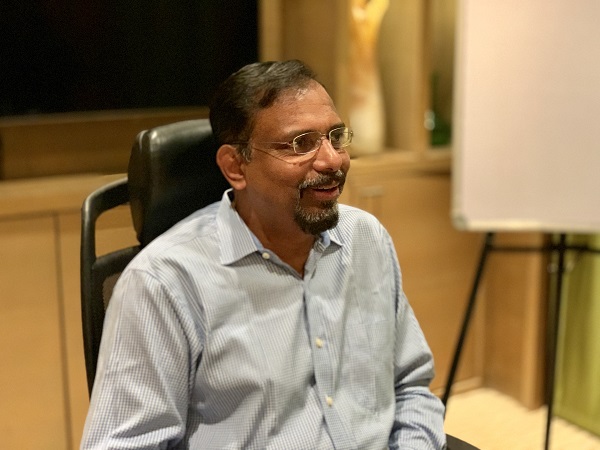
“We opened the lab to help our customers and our partners succeed,” said CEO Siby Vadakekkara in a brief interview that day. “[We are] educating our ecosystem about the changes that are happening in tech, and letting them know what’s possible with technology, and where value can be created and captured.”
He added, “This is about a new way of thinking for everybody. We look at the possibilities, the potential and the constraints involved. People have ambition, people have motivation, but if you don’t work within a framework, you won’t succeed. You have to do experiments, and this is the entry point for experiments. They can see what works and what doesn’t work, and take that back to the corporations.”
One of the Marlabs clients attending the event said that he had met the Marlabs team at a conference, and “realized they were doing some of the same things we were trying to do, so it made sense to work together. We had come up with concepts and ideas, and we had built some proof of concepts. Then we worked with Marlabs to help us build them out.”
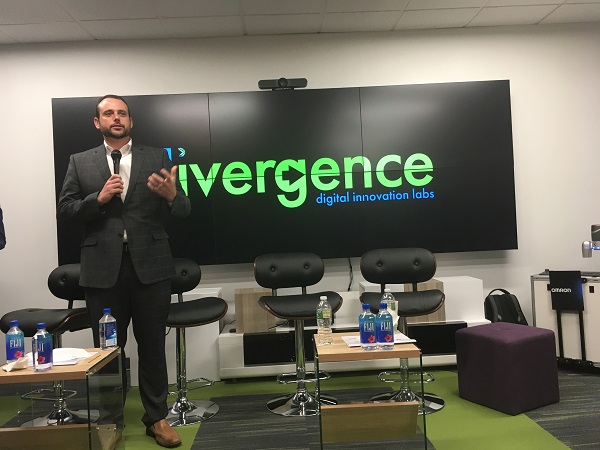
Steven King, assistant professor of emerging technology at the University of North Carolina at Chapel Hill, told the audience that he has great opportunities to bring together people to solve difficult problems, often problems he’d never thought before, until someone called him for help.
While virtual meetings often work, sometimes “you need a space to get a lot of people together,” said King. He noted that he’s been using the Marlabs facility “to bring data scientists, technologists, educators — whatever the team is — to work” towards solving problems, whether they are business, education or social issues.
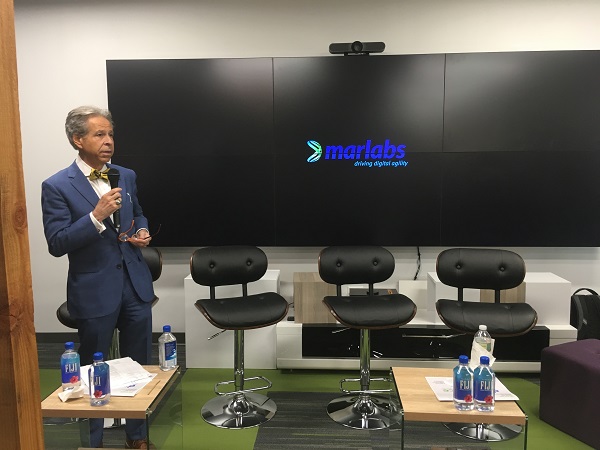
Arthur Langer, director of the Center for Technology Management, at Columbia University, made remarks about digital disruption and how it is affecting companies. Langer said that at the heart of the lab is the idea of digital transformation. “Even though a lot of people are saying they are doing it, perhaps they’re not,” and this leads to large failures.
“This is not only about doing it, it’s about being profitable in the way you are doing it. So, if you are not profitable” when making this transformation, “you are going to perish,” he said.
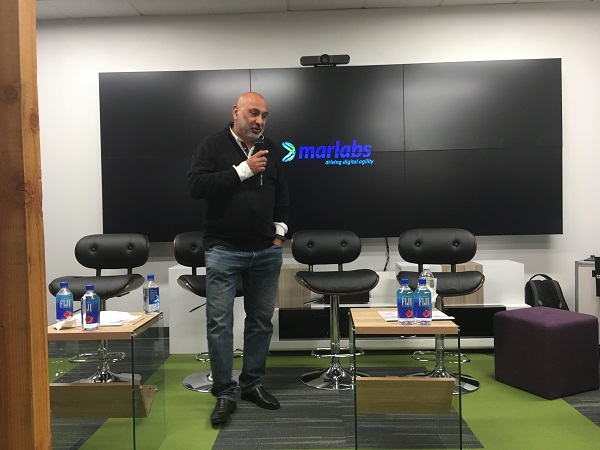
Hank Uberoi, former partner and co-COO of the technology division at Goldman Sachs, spoke at the event. “When we think about technology, we’ve moved from tools made for enablement, that allowed you to do things you never did before. Then it moved on to efficiency,” where you can do things cheaper, faster and better. “Then it moved to competitive advantages, where you could do things that would put you ahead of others and actually allow you to win. And now we are seeing it move into the world of disruption, where you can actually change business models.”
What became clear along the way was that none of this works, he said, “unless you make sure you are solving the right problem.” If you are applying technologies in very innovative ways, but aren’t solving the right problem, it doesn’t lead to the solution you want.
Uberoi also asserted that companies need to understand how value creation is going to happen. He noted that, as you think about how to help clients create value, “think about what is the problem that is keeping them from delivering the results and the value that they want.” He added that, for big clients, you can’t forget the impact of the “trillions of dollars of legacy infrastructure” that exists.
“Creating the on-ramp and off-ramp to the existing ecosystem is probably going to be a critical part of extracting value from what you do. If you can figure out a magical way to bridge the gap between [new technologies] and legacy infrastructure, “you will have figured out one of the biggest problems that exists out there.”

